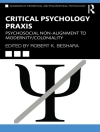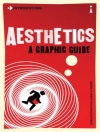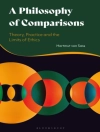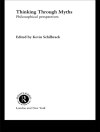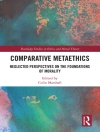No study in the history of seventeenth century thought is completed without some mention of Richard Cumberland, one of the many writers who aimed to refute Hobbes. Cumberland remains on of the few important writers of his century on whom, until now, nothing of substance has been written In the past Cumberland has been somewhat unfairly overshadowed by his fellow anti-Hobbists. His one important work, De Legibus Naturae, first appeared in Latin in 1672 and has never been satisfactorily translated into English. That he published so little in such a prolific age was unusual, but his influence through his work continued to be felt well into the nineteenth century. It is now clear that he went further than both Grotius and Pufendorf in devising a system which prefigured classical utilitarianism, propounding a cosmology based upon the reconciliation of charity and self-interest. In this study, Cumberland is placed for the first time, in his intellectual and historical setting. The author describes Cumberland”s life, his work as Bishop of Peterborough, his book and above all his position in the development of natural law theory.
Linda Kirk
Richard Cumberland and Natural Law [PDF ebook]
Secularisation of Thought in Seventeenth-Century England
Richard Cumberland and Natural Law [PDF ebook]
Secularisation of Thought in Seventeenth-Century England
Köp den här e-boken och få 1 till GRATIS!
Formatera PDF ● Sidor 144 ● ISBN 9780227906569 ● Utgivare James Clarke & Co Ltd ● Publicerad 2022 ● Nedladdningsbara 3 gånger ● Valuta EUR ● ID 8471195 ● Kopieringsskydd Adobe DRM
Kräver en DRM-kapabel e-läsare


